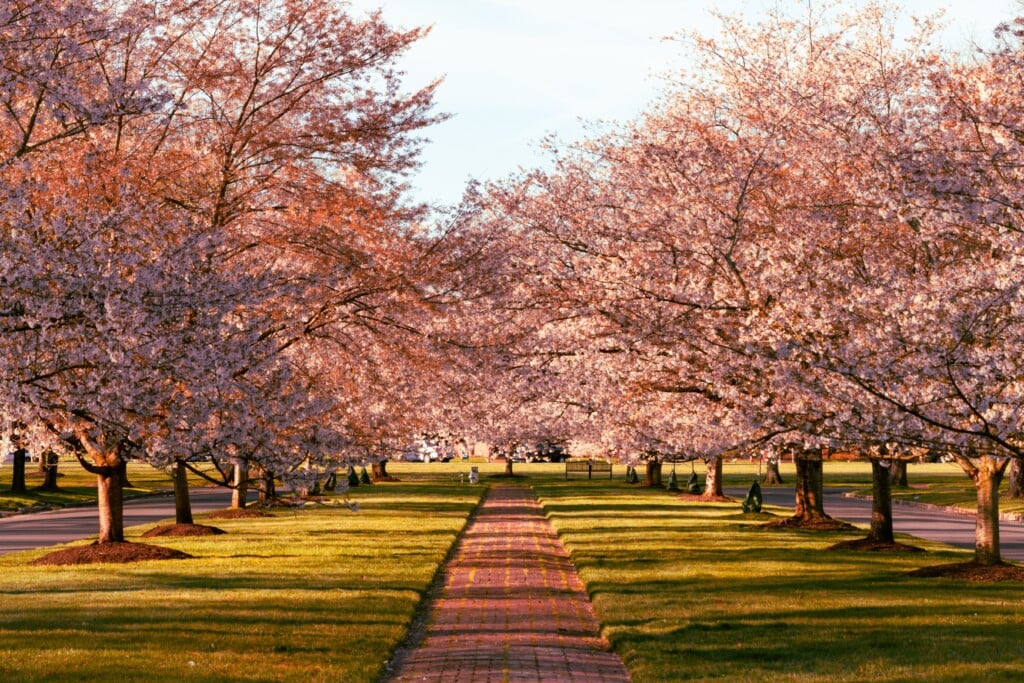All About Trash in Rhode Island
How we can reduce, reuse, recycle and rot our way to a cleaner, more sustainable Ocean State.
Seeing Green
Sustainability entrepreneur Ana Duque spills on her new shop and refill station, the Heal Room, in Pawtucket. By Casey Nilsson
When Ana Duque first learned about the zero-waste movement, she says she went a little crazy.
“I was obsessed with avoiding all plastic,” says the twenty-five-year-old, who grew up in Pawtucket, studied at the University of Rhode Island and spent two years working as a teacher’s assistant with City Year in Los Angeles, a mecca for eco-friendly options.
By the time she returned to Rhode Island, in 2018, she’d created a blog called Green Tenderfoot to track her sustainability efforts. She began selling homemade deodorants and lip balms to friends, family and, eventually, a steady client base at popup events across the region. She also sourced bulk home goods and bath products for sale, as well as low-waste, packaging-free items like bamboo toothbrushes and stainless steel straws.
The coronavirus pandemic put an end to such events, but the shift motivated Duque to strike out on her own. In the fall, Duque and friend, Karen Mejias — a wellness entrepreneur who also grew up in Pawtucket and who helped Duque find her footing in Rhode Island — opened a permanent refill and wellness shop in Pawtucket called the Heal Room.
On one chilly Sunday, a socially distanced line weaves out of the shop, past La Arepa restaurant and around a corner along busy Smithfield Avenue. Visitors wait to browse bulk herbs, wellness literature, low-waste home and beauty goods — think: products in reusable or refillable glass containers — supplements, and a refill station with laundry soap, body wash, shampoos and more.
Here, Duque engages in conversations about chemicals in standard plastic packaging and offers gentle encouragement that emphasizes consistent sustainability, not perfection. She’s had to heed her own advice; many of the state’s refill stations for bulk grocery and beauty products shuttered amid the outbreak.
“I always tell people it’s not about being perfectly zero-waste. The point of sustainability is to be more mindful of what you’re buying and how you’re getting rid of it. We don’t need six people being completely zero-waste; we need thousands being as low-waste as possible,” Duque says. “We don’t need to be perfect. We just need to try.”
Both women stock items made in the United States by female entrepreneurs or people of color. The shop also features a handful of locally made items, including Mejias’s ginger shots and Duque’s homemade beauty goods.
“We always planned to have our own shop together,” says Duque. “Taking care of our planet is just as important as taking care of your body. People tend to focus on one aspect of changing their life and it’s important to have balance.”
Duque also says she and Mejias felt compelled to keep their business in Pawtucket, which lacks many sustainable shopping options.
“All the people I know [from here] are not really into sustainable living,” she says. “We wanted to bring a place for sustainability for them that’s new and exciting. All of the cool spaces are in Providence and we felt a little left out! There can be cool and innovative spaces in Pawtucket, too.” 574 Smithfield Ave., Pawtucket, thehealroom.com.

























